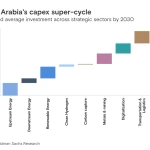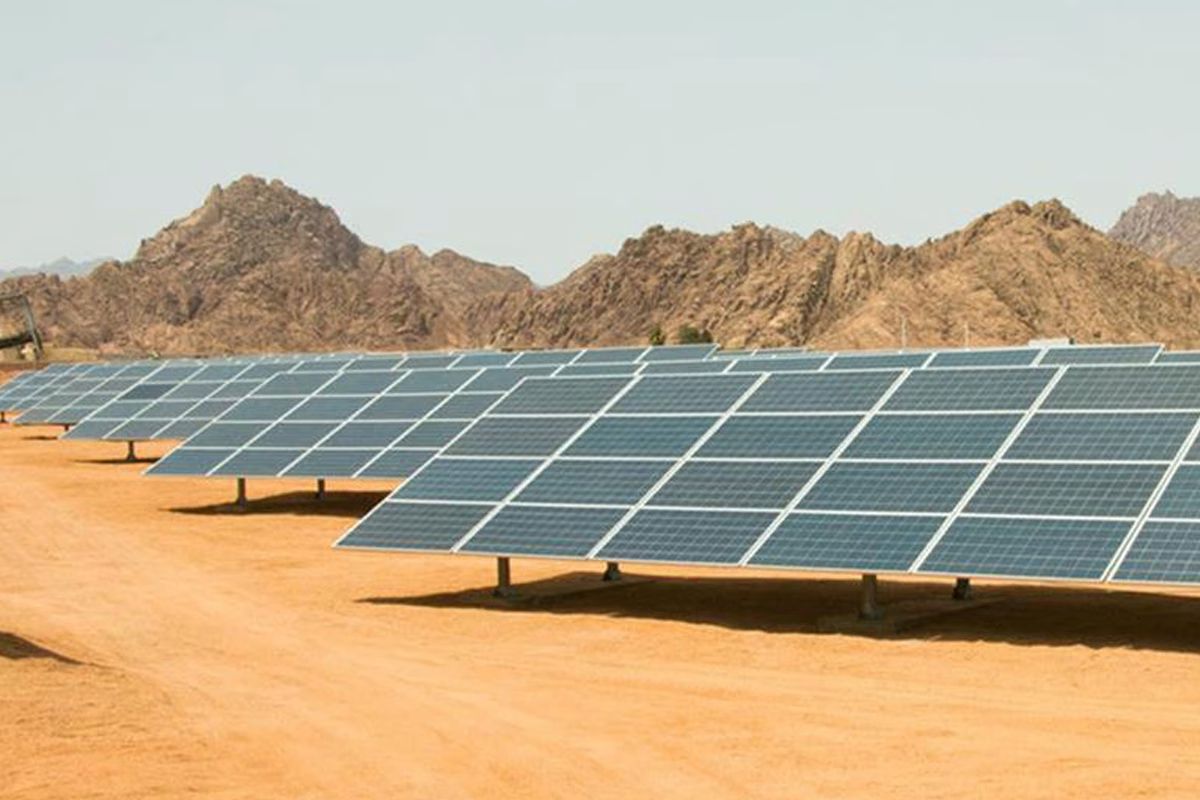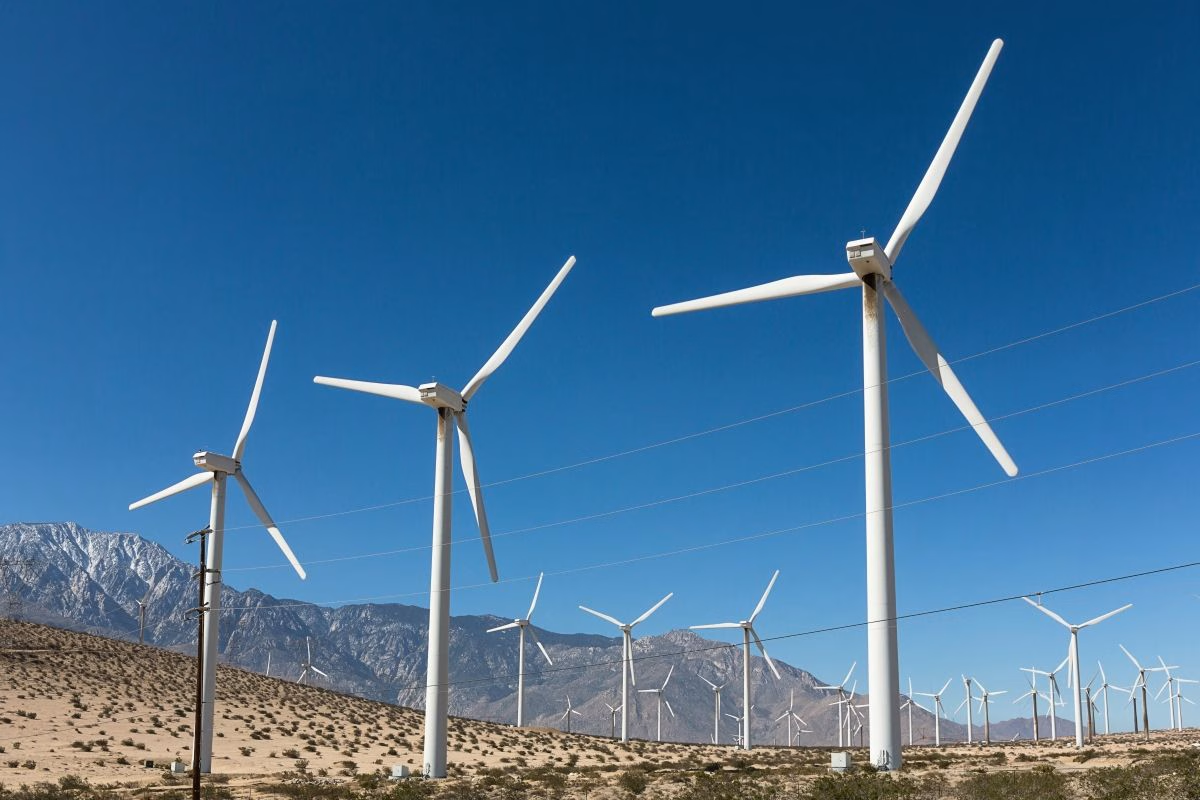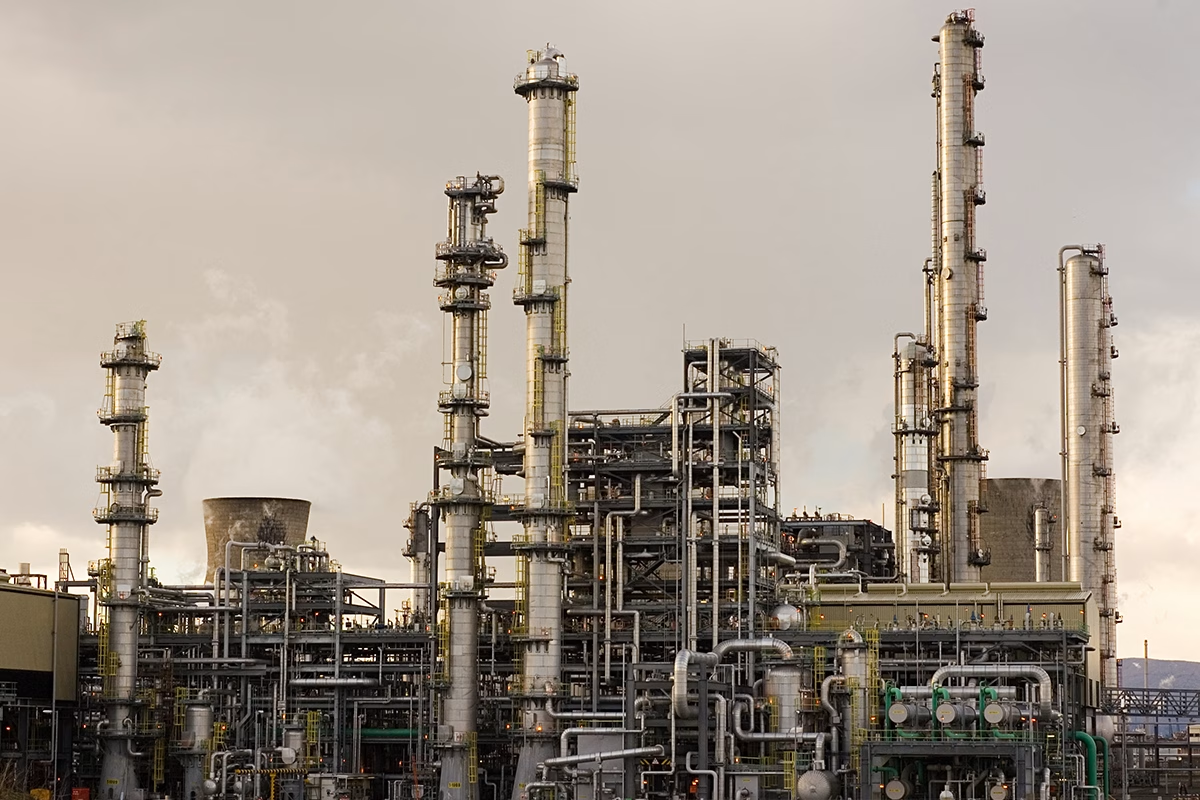
Saudi Arabia to raise clean energy funding, cut oil capex
August 16, 2024
Sun, sensors and silicon: How AI is revolutionizing solar farms
August 16, 2024The Ministry of Electricity and Renewable Energy is targeting an increase of up to 30 gigawatts (GW) in renewable energy capacity, as announced by Minister of Electricity Mahmoud Esmat during a meeting with Prime Minister Mostafa Madbouly. The meeting focused on reviewing ongoing renewable energy projects, with this ambitious expansion potentially saving the country $4.1 billion annually in fuel costs.
During the discussion, Esmat also highlighted the necessary capacities for green hydrogen production. Additionally, Minister of Planning, Economic Development, and International Cooperation Rania Al-Mashat provided updates on the progress of 18 ongoing renewable energy projects.
In a related development, the Egyptian Council of Ministers recently approved Dubai-based AMEA Power’s proposal to connect 2 GW of renewable energy capacity to Egypt’s power grid by the summer of 2025. The projects include an additional 500 MW of solar capacity for the existing 500 MW Abydos solar project, which is currently under construction. Moreover, 1.5 GW of solar and wind energy will be integrated into the national grid, comprising 1 GW of solar capacity and the 500 MW Amunet wind farm in Ras Ghareb. AMEA Power expects these projects to be operational by mid-2025 and will include a battery energy storage system (BESS).
By the end of 2023, wind energy accounted for 2.7% of Egypt’s installed capacity, with 1.6 GW, and contributed 2.8% to power generation, producing 6.7 TWh. Solar energy represented 3% of installed capacity with 1.8 GW and 1.9% of power generation, delivering 4.4 TWh. Egypt has set a goal to generate 42% of its electricity from renewables by 2035, with 25% from solar, 14% from wind, and 2% from hydropower.
The Islamic Development Bank (IsDB) has played a crucial role in financing energy projects in Egypt, leading to a 14% increase in energy production between 2012 and 2022, which now constitutes 94% of the country’s total energy capacity. The IsDB has contributed nearly 4,000 megawatts—approximately 14% of this growth—through 19 approved projects valued at $2.02 billion, including six solar power projects.




